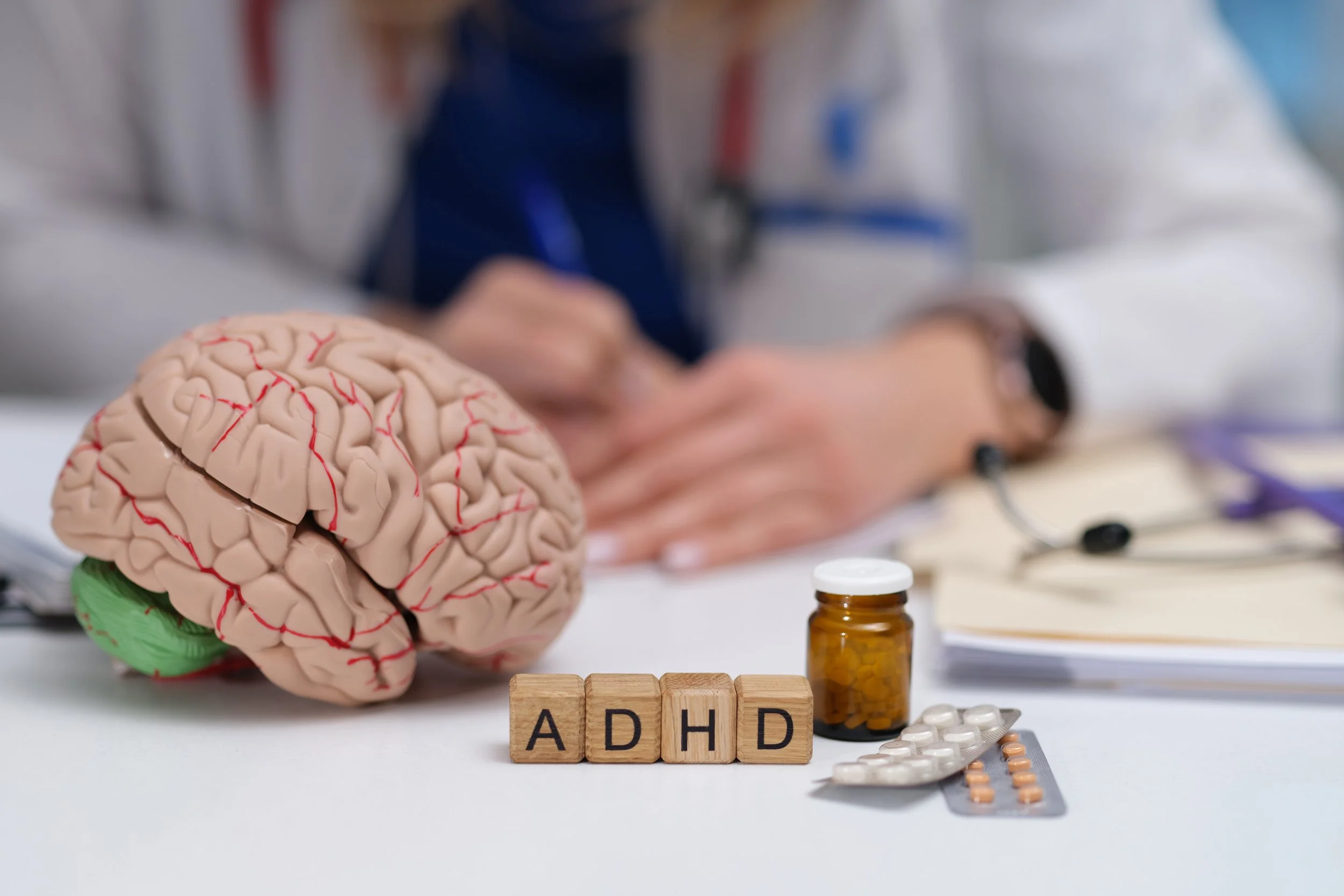
ADHD Therapy
No shame or judgment — only strategies that actually work for your brain
ADHD isn’t a failure of effort
Struggling with focus, time, or organization doesn’t mean you’re lazy, careless, or broken. ADHD affects how you process information, regulate emotion, and manage attention, and it can create stress, shame, and burnout when you're constantly trying to keep up in a world not built for your brain.
Whether you’ve had an ADHD diagnosis for years or are exploring it for the first time, therapy can help you understand how your brain works and give you tools that actually fit.
We work with individuals experiencing:
Difficulty focusing, planning, or following through
Disorganization or time blindness
Emotional reactivity or sensitivity to rejection
Impulsivity and frequent overwhelm
Chronic shame, burnout, or underachievement
Coexisting anxiety, depression, or trauma
You don’t have to “fix” yourself. You deserve support that works with your brain, not against it.
What ADHD therapy helps with
ADHD often brings years of self-doubt, guilt, and feeling like you’re always behind. Therapy is your space to pause, reset, and start understanding how your brain actually operates — and how to work with it instead of constantly pushing against it.
No more shame cycles
What you’ll get
✺ Frequently asked questions ✺
-
No. Many of our clients are self-diagnosed or exploring ADHD for the first time. If you're feeling stuck, scattered, or exhausted by mental chaos, we're here to help — diagnosis or not.
-
Yes. Medication helps many people with symptoms, but therapy addresses emotional struggles, shame, and daily challenges that medication alone can’t fix. They often work well together.
-
Nope. We’re not here to turn you into a machine. We care more about helping you feel confident, calm, and in control of your own life — however that looks for you.
-
Yes. ADHD impacts emotional regulation as much as focus. If you feel like your emotions hit too hard or change too fast, therapy will help you create more balance and understanding.
-
Absolutely. We’re not here to force you to act more “neurotypical.” We celebrate your strengths and help you build support around your challenges.




